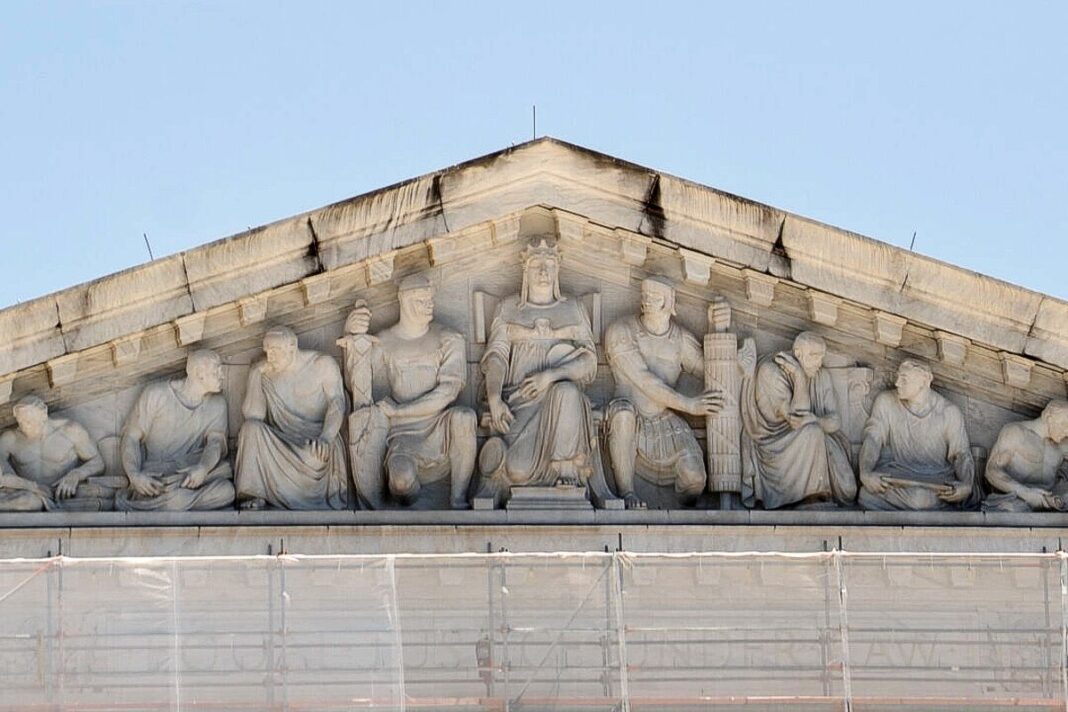News Analysis
It was clear from U.S. President Donald Trump’s election campaign and first executive orders that tariffs wouldn’t be the only way he would make waves in Canada.
Trump’s executive orders signed on day one of his second term as president gave clear policy directions that he was reversing course on a number of key issues including net-zero emissions policies, energy, and immigration in which for years the Trudeau and Biden administrations had been aligned.
Now those directions are becoming law with Trump’s “One Big Beautiful Bill Act,” signed on July 4. The bill had a rocky passage through Congress, with a few Republicans voting against due to concerns such as increasing deficit and debt.
Meanwhile, Trump has promoted the bill as a way to unleash the U.S. economy. The bill contains tax cuts and sizable deregulation. It notably extinguishes a slew of federal climate change programs implemented by the previous administration.
Given the close integration of Canadian and U.S. economies, the bill will have major impacts on Canada as well.
Slashing Net-Zero Emissions Initiatives
Aside from boosting economic activity in the oil and gas and timber sectors, Trump’s bill takes a chainsaw approach to slash the funding of multiple net-zero emissions initiatives, many of which had been implemented by way of Biden’s Inflation Reduction Act.
This includes billions of dollars to fund clean heavy-duty vehicles, reduce diesel emissions, and address air pollution. It also rescinds funds destined for the Greenhouse Gas Reduction Fund, the Low Emissions Electricity Program, and for the Environmental and Climate Justice Block Grants, among other things.
The megabill also terminates a slew of climate-related credits, such as for clean electricity production and investment.
Relevant for Canada amid its push to compel car manufacturers to only sell zero-emission cars by 2035, Trump’s bill terminates the “Clean Vehicle Credit” after September 2025, which is worth up to US$7,500.
This is likely to reduce electric vehicle (EV) sales in the United States and impact the overall North American market. Automakers in Canada lobbied Prime Minister Mark Carney this week in an effort to have him drop the federal EV mandate.
By Noé Chartier








